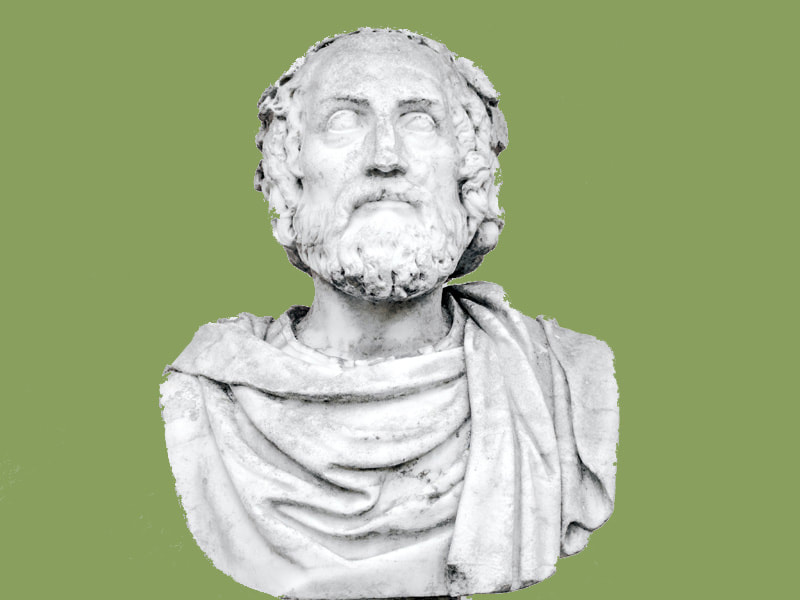|
We often think of virtues in terms of the heroic – the courage to stand up for what is right and to follow one’s conscience, to bravely speak the truth, and the fortitude to sacrifice our immediate self-interest for the longer term common good. However, there is a group of four virtues that are not at all heroic. Nevertheless, they have a key role to play in modern democracies. They are the subject of this blog. When silence is a virtue
Perhaps the best known of the unheroic virtues is what is known as the constructive use of ‘silence’. It refers particularly to cases in the law where a court may decide to keep silent on a disputed issue of general principle and instead, decide the case on narrow, technical and case-specific grounds. The advantage is that the specific case can be decided on less contentious grounds. More importantly, it also allows more time for the further evolution of views, both inside the law and outside the law in informal social processes, on the general principle. Possibly, over time, the dispute over the general principle will abate and a consensus emerge. Possibly, the general principle will come to be viewed in an altogether different light. Although the virtue of silence on disputes involving general principles is well known in the case of the courts, it also applies to other bodies and to individual behaviour. We might know that we and our next-door neighbours disagree on some important matters of general principle, but nevertheless, decide to put these disagreements aside and cooperate on the day-to-day matters that enable us to live side-by-side in harmony. When discretion is a virtue Closely related to the unheroic virtue of ‘silence’ is the equally unheroic virtue of ‘discretion’. Discretion in this context refers to situations where disputants, or a body adjudicating a dispute, decide not to press the issue to a conclusion or to resolution. Discretion makes sense where the general principle is unclear and there are downsides to pressing forward. In situations of uncertainty the support of others may be absent. Pressing forward could make a dispute worse. In addition, unless there is the clear possibility that insisting on one’s view can be realised in practice, or enforced, the ‘win’ may be symbolic rather than actual. Not pressing one’s point of view allows time for others to change their attitudes to a dispute and the general principle at stake may become clearer. There is a long-standing legal doctrine of ‘ripe timing’ that centres on the virtue of delay until the right moment. Pragmatism The third of the unheroic virtues is pragmatism. Pragmatism is about avoiding the abstract and the theoretical and focussing strictly on the practical – what needs to be done in order to achieve X. It means paying attention to what works in practice based on knowledge drawn from experience rather than from books or the lab. It favours experience rather than something new that might, in theory, produce better results but ois untested. It also implies a predilection towards making compromises rather than insisting on a preferred course. As long as what is proposed works, then it is acceptable. Pragmatism is not the same as simply muddling through and hoping for the best. Muddling through implies acting with a good deal of ignorance rather than having a clear perception of what works. The British like to see themselves as pragmatists. In reality, what is called 'pragmatism' often disguises fog, ignorance and muddle among the politicians. Tolerance Perhaps the most important of the unheroic virtues is tolerance. Tolerance means accepting differences of principle, differences about the interpretation of important principles and differences in social norms and social behaviour more generally. It means being open to the ‘other’ in addition to having one’s own sense of individual, group and social identity. The concept and practice of tolerance stands in contrast to the view that there are certain values in society that simply cannot be questioned and must be applied wherever possible, in all circumstances and to all people everywhere. These are usually referred to as ‘peremptory norms’. They are often framed as fundamental ‘rights’. In this context, tolerance can be distinguished from moral relativism where one value is regarded as good as another. Those who are tolerant may hold a strong view about what is right but nevertheless concede that others may have reasons to support different values and different interpretations of values. Norms that can justifiably claim peremptory standing are seen as belonging to a strictly limited class, such as a prohibition on slavery. Tolerance is not value neutral. It means valuing accommodation between contending viewpoints.It also aims for a better understanding of the ethical world. The assumption is that the expression of differences may lead to new and better understandings and to new interpretations of values. Accordingly, there is a tendency to favour procedural values, such as freedom of expression and association over substantive values, such as a right to employment, because procedural values are essential for social discovery processes. Conclusions In today’s inter-cultural world, a key test for the vitality of democratic systems of government is the ability to maintain social and political cooperation, civility and moderation in conditions of great social diversity - different ethnicities, different religious beliefs, different group identities, loyalties and observances and different views of what is right. The four virtues listed above have an important place because they maximise the chances of living together successfully.
0 Comments
Your comment will be posted after it is approved.
Leave a Reply. |
Archives
June 2024
|


 RSS Feed
RSS Feed